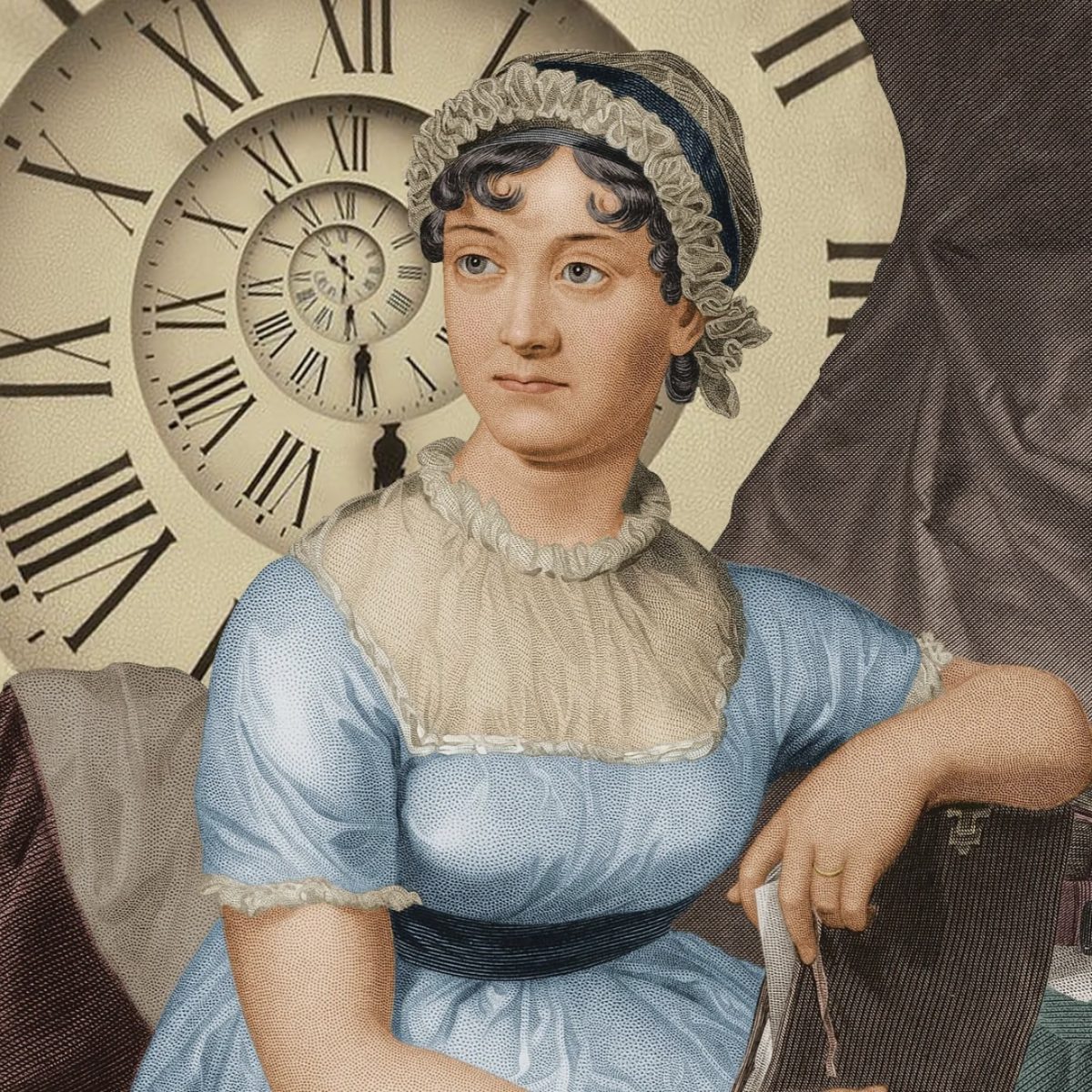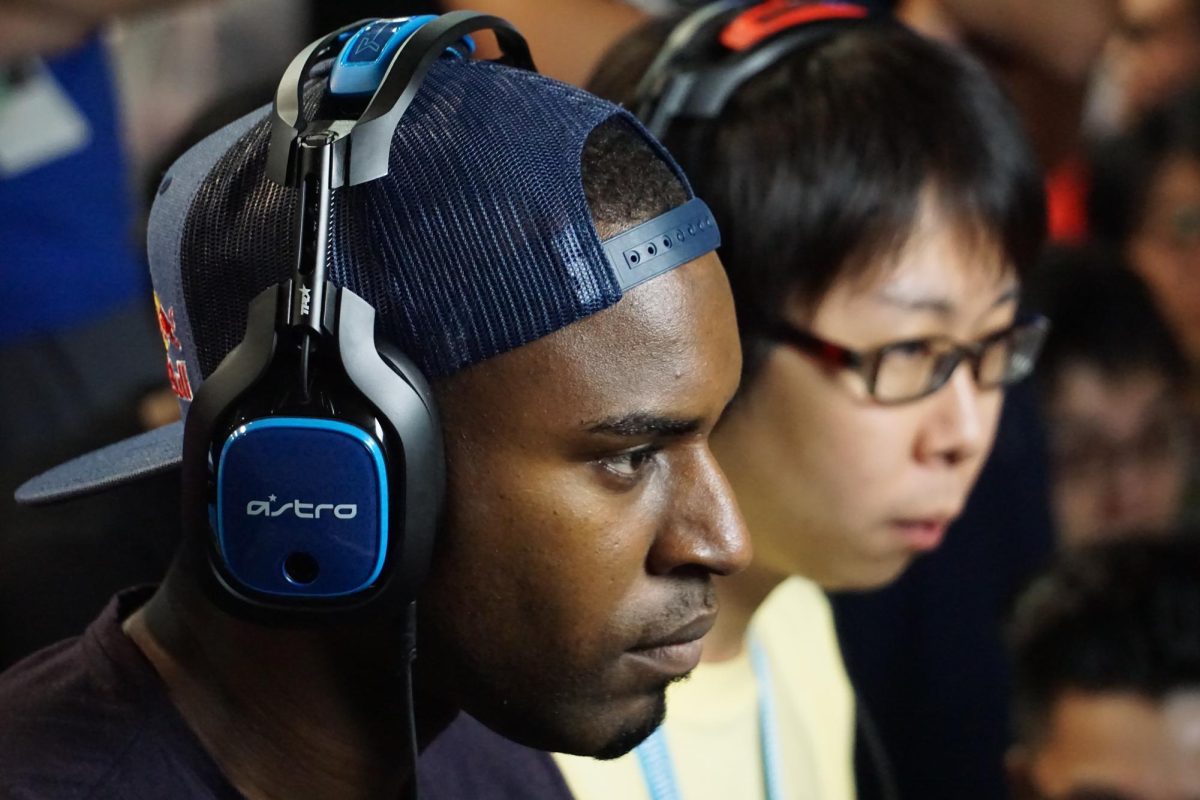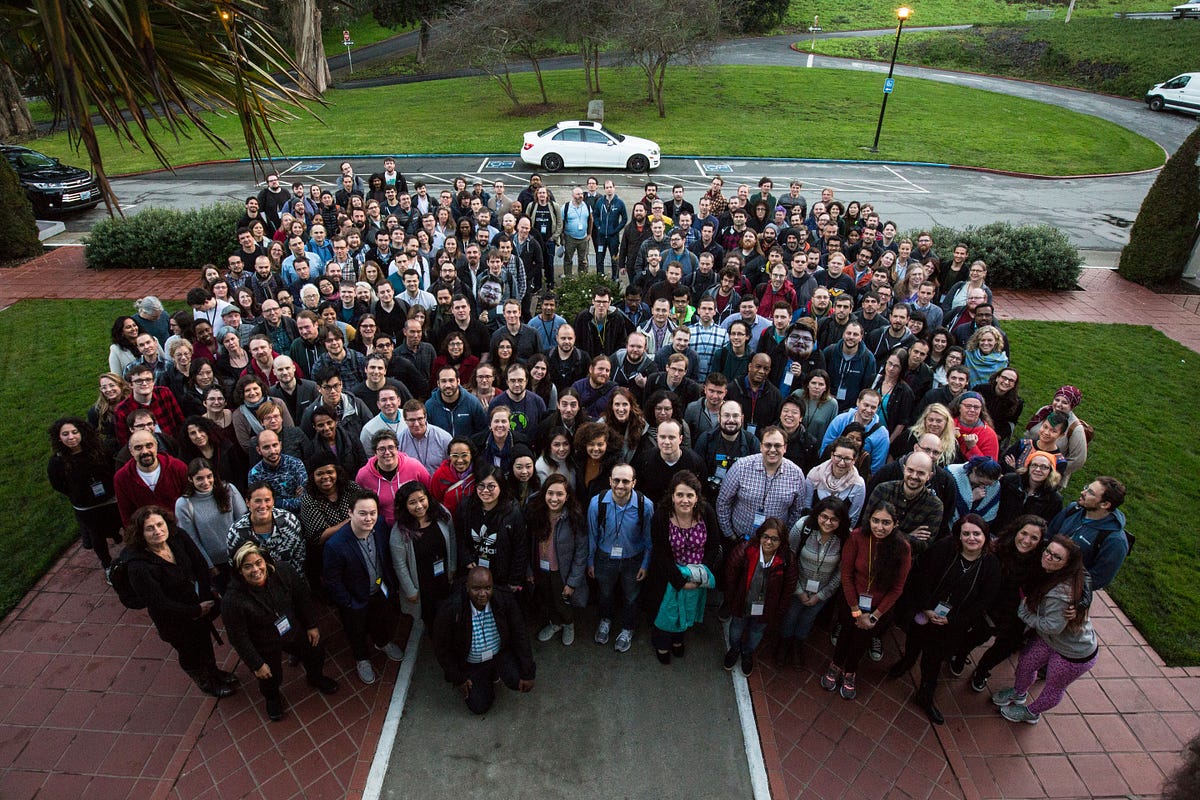U.S. Healthcare is Hurting More Than Helping
Illustrated by Jenny Schlossberg
Is universal healthcare the answer to the nation’s wellness?
March 27, 2023
“I am in debt and need to sell my house. I don’t go to the doctor myself to save money,” Joan Engle said in an article that appeared the the New York Times where she shared her story about drowning in medical debt. “I have gotten a second job to pay for my children’s medical expenses, which means that I am not able to spend as much time as I need to monitoring my 13-year-old son’s Type 1 diabetes.”
Medical insurance is supposed to change people’s lives for the better, but in many cases, it does the opposite because of the flaws and costs of the existing system. People need health insurance as a basic necessity, but the cost of medical insurance makes it nearly impossible to obtain. Stories like Engle’s make it clear that the U.S. should implement universal health care to increase access and reduce the expense.
Not having universal healthcare impacts people on a detrimental level because healthcare directly correlates with our well-being. Discrimination plays a role in access to healthcare. Having access to healthcare shouldn’t depend on your race or gender, but the reality is that there is discrimination within the medical field. Once people connect with a healthcare provider, their service depends on their demographics.
Imagine losing someone because they had their gallbladder removed. Sounds unrealistic for such a common procedure, but variables such as digestion problems, a fever of 103 and being denied aid from the surgeon make this situation more plausible. That is exactly what happened to Nea Justice, a black woman who nearly died. Had Justice waited to go to the emergency room one more day, she would have died.
“The doctor told me once I made it to the hospital, like, you couldn’t have survived another night like that.” she said in her interview that appeared on PBS.
People pay their insurance premium expecting to get the medical care that they need, but due to injustices and flaws in the system, people often do not get the care they deserve. Even though universal healthcare may not end systemic discrimination, having universal healthcare will, at a minimum, provide the same care to all.
Many medical procedures performed in the United States cost exceedingly more than in other nations. The U.S. operates on a private and public system of healthcare. With private insurance, prices increase based on the capacity of insurance companies to cover their overhead costs and profits. With universal healthcare, the government covers the cost of these procedures with a portion of taxes and other government spending.
According to American National Health Expenditure data (NHE), Healthcare in the United States was “$4.3 trillion in 2021, or $12,914 per person,” while the Canadian NHE states that in Canada their healthcare “is expected [to reach] $331 billion in 2022, or $8,563 per Canadian.”
These figures correlate with basic procedures such as C-sections, hip replacements and angioplasty which cost much more in the United States than in other countries. Private insurance companies aren’t concerned with the well-being of people unless they make a profit. The goal of universal healthcare is to avoid financial disparities because prices could be reduced and regulated.
Some may argue that the government is slow, therefore efficient, and discrimination can’t be solved. No matter the speed at which the private sector operates, the outcome of the government exceeds what private companies can do. With anything being government-run, there are wait times, but those wait times consist of debate and deep consideration of what’s being executed. Having that care allows for a better system to exist.
Discrimination is a huge problem in the U.S., but there are signs of improvement. Laying the groundwork for a system that is inclusive and allows the entire country to have access to healthcare is a huge leap toward equality. It doesn’t solve discrimination, but it works against it.
Without change, we will continue to face the consequences of having both public and private healthcare. Everyone is subjugated by these flaws because everyone needs healthcare. There needs to be changed so there can be more access and reduced costs for all medical treatment.



















